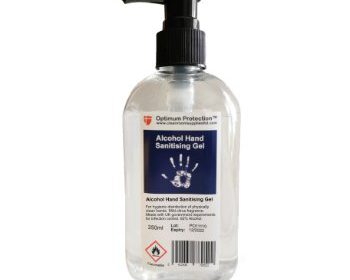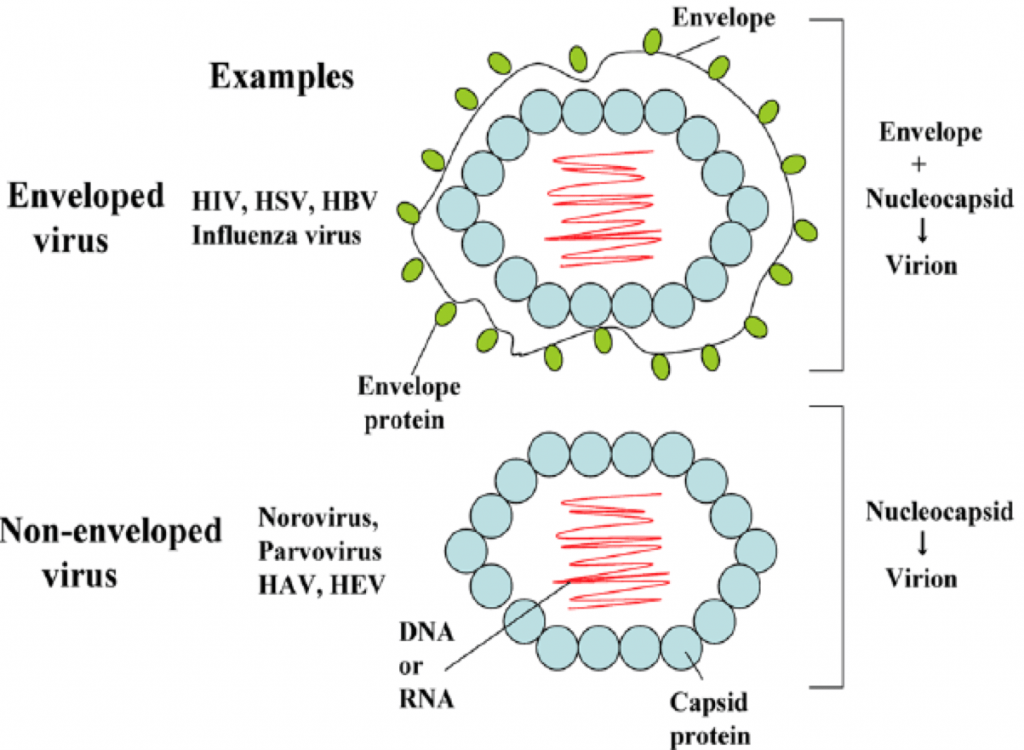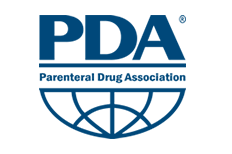WHICH HAND SANITISER IS MOST EFFECTIVE AGAINST COVID-19 CORONAVIRUS ?
Cleanroom Supplies Blogger
What type of virus is Coronavirus – Enveloped or Non Enveloped ?

Which hand sanitiser is most effective ? A question we are currently being asked daily!
During the current global situation with COVID-19, it is now more important than ever to make sure we are upholding high standards of personal hygiene and keeping our hands sanitised to prevent the spread of infection. Studies show that 80% of all microorganisms are transferred by our hands, including viruses such as Coronavirus. This should emphasise the sheer importance of keeping our hands clean and sanitised as often as possible during this global pandemic, in order to contain the virus and protect lives.
It’s also important to understand the risk of contracting the Covid-19 virus by avoiding touching our face with our hands. This is how the virus enters our body – by contact with mucus membranes or eyes. The average person touches their face 16 times every hour.
Understanding which types of sanitising products are the most effective against Coronaviruses will help you to stay safe and protect yourself in the most effective way possible.
In general, viruses can fall into two main categories – enveloped viruses and non-enveloped viruses. Understanding the difference between Enveloped and Non-enveloped will influence your decision when purchasing a hand sanitiser.

Enveloped Virus – A virus containing an outer wrapping, or envelope. This occurs when newly formed virus particles become envelope or wrapped in an outer coat of protein that is made from a small piece of the cell’s plasma membrane. This envelope may play a role in helping the virus to survive and infect other cells. They can survive on a surface even after several days. Coronavirus is an Enveloped Virus, along with others such as the Ebola Virus, HIV and Influenza.
Non-enveloped Virus – A virus that does not contain an envelope, or wrapping. Non-enveloped viruses generally contain a capsid protein or proteins that mediate membrane penetration. They can survive for extended periods on surfaces. Examples of Non-enveloped Viruses are Hepatitis A, Rotavirus and Adenovirus.
Hand sanitisers and antiseptics containing alcohol are effective against both these viruses – Alcohol attacks and destroys the protein envelope that surrounds some viruses, including Coronaviruses. Alcohol free sanitisers contain substitutes for alcohol that are also effective in reducing microbes but are not as effective as alcohol-based products.
70% or 99% IPA or DE – which is most effective?
Both Isopropanol Alcohol (IPA) and Denatured Ethanol (DE) are variations of alcohol that are frequently found in hand sanitisers, antiseptics, disinfectants and solvents. They are both known for removing bacteria and being an effective killing agent.
Isopropanol alcohol (IPA) is petrochemical based, and most commonly used as a disinfectant amongst pharmaceuticals, cleanrooms and hospitals as well as other clean environments. It is ideal for cleaning and disinfecting hard surfaces, but is also highly effective as an antiseptic.
DE, also known as Denatured Ethanol (similar to Methylated Spirit), is Ethanol (grain based alcohol) with additives that make it unsuitable for human consumption. Additives may make it poisonous, bad-tasting or nauseating to discourage recreational drinking. DE is ideal for use in hand sanitisers, disinfectants and antiseptics, since it prevents bacteria from growing, as well as killing the bacteria present.
Both substances are effective against tackling viruses such as Coronavirus, although DE is often considered more effective as a general viricidal disinfectant. IPA is not as effective against non-enveloped viruses.
70% or 99% IPA and DE – which hand sanitiser is most appropriate for use?
A higher concentration of alcohol within a substance may seem like the strongest and most effective option, however when it comes to protecting against viral infection, a lower percentage of alcohol proves to be the most effective. Studies show that hand sanitiser must contain at least 60% alcohol for it to be effective against viruses, but how much is too much?
Sanitisers containing very high concentrations of alcohol, such as 90% and above have limited effectiveness on the skins surface. They evaporate quickly which results in low contact times and limited penetration through the membrane of microorganisms. Pure alcohol containing hand sanitisers can also cause skin irritation, dry skin and even cracking and bleeding can occur.
The Centre for Disease Control and Prevention advice is that DE or denatured (ethanol) based hand sanitisers should contain alcohol >60%. IPA or isopropanol alcohol based hand sanitisers should contain > 70% IPA.
On the contrary, the addition of purified water to the sanitiser helps to facilitate the diffusion through the membrane of the cell, and improves he skins contact time by slowing down the evaporation. Typically, a mixture of 70% alcohol and 30% purified water is used.
Alcohol-free hand sanitisers are also available. These contain quaternary ammonium compounds (usually Benzalkonium Chloride) instead of alcohol, which means they are less likely cause skin irritation. They are still effective in reducing microbes and are ideal for protection against viral infection.
The efficacy of Benzalkonium products is equal to Alcohol based sanitisers. Such products include:
Cleanroom supplies stocks a range of both IPA and DE hand sanitising products, with different quantities and concentrations to be suited to your needs. View our range of products here.
Cleanroom Supplies Ltd also stocks a wide range of Hand sanitising products to suit your requirements, including Alcohol-based and Alcohol-free sanitisers. View our wide range of hand sanitising products here.
Which hand sanitiser is best for your needs ? If you are not sure, please send an email to [email protected] with your questions and we’ll be happy to advise.












